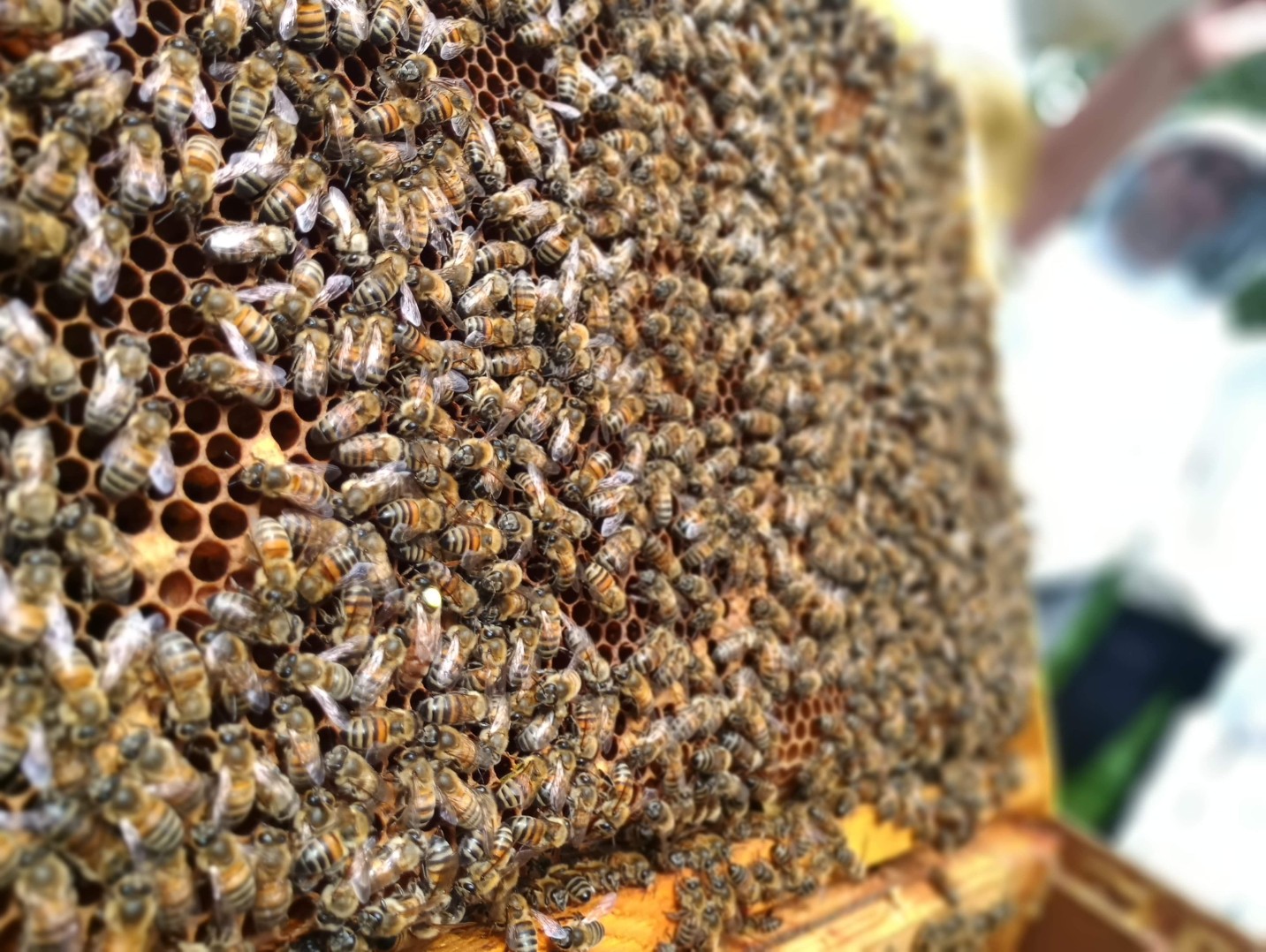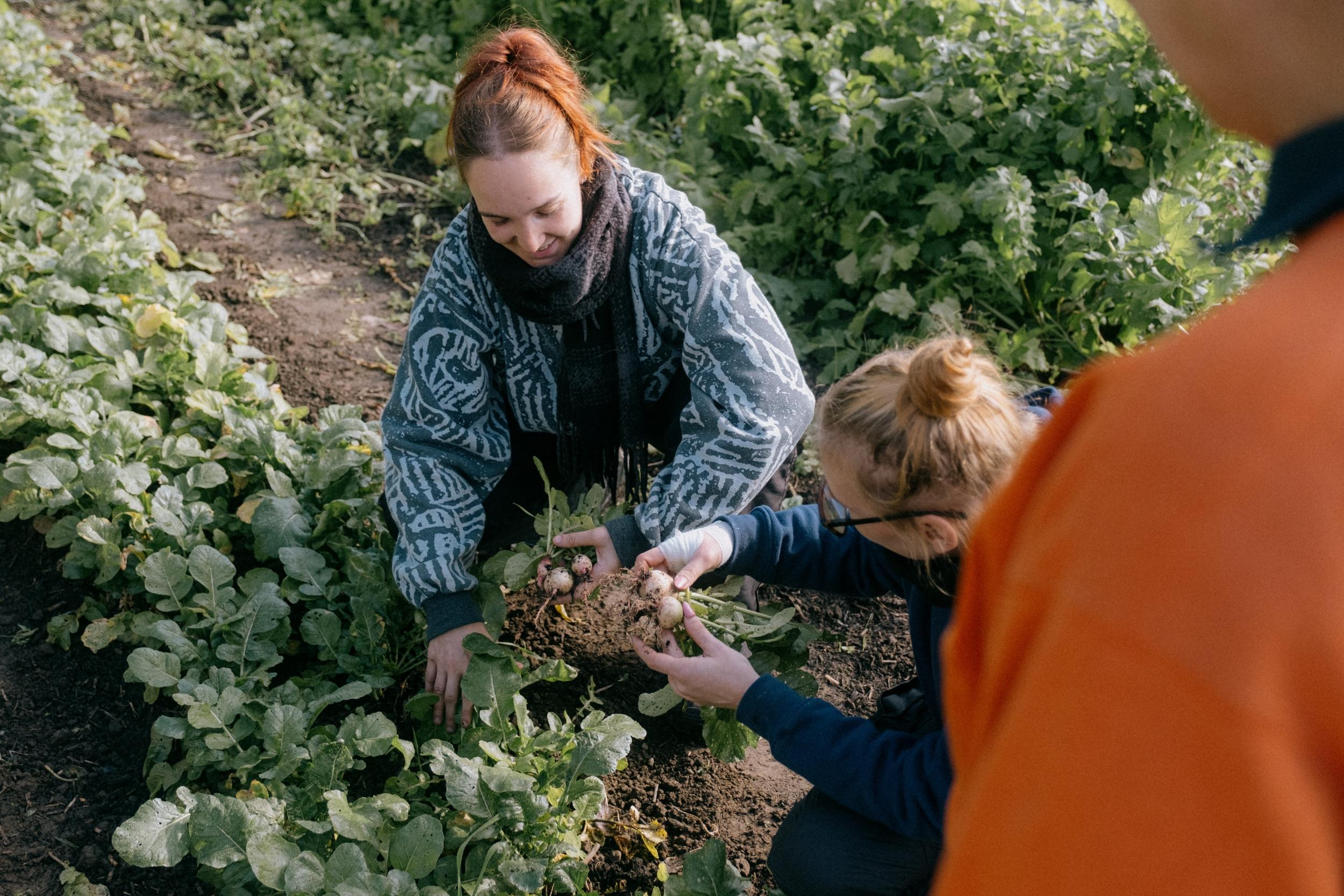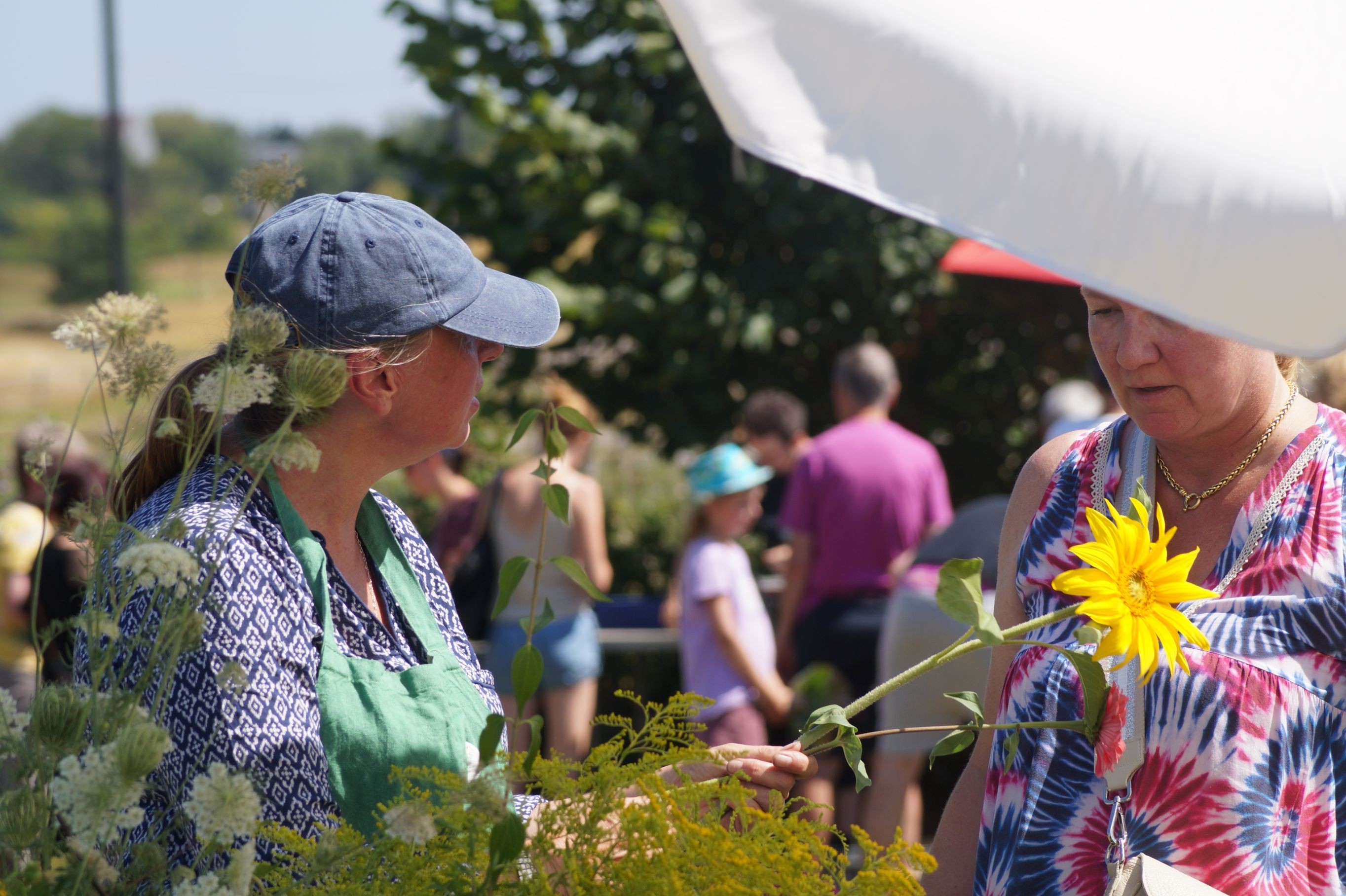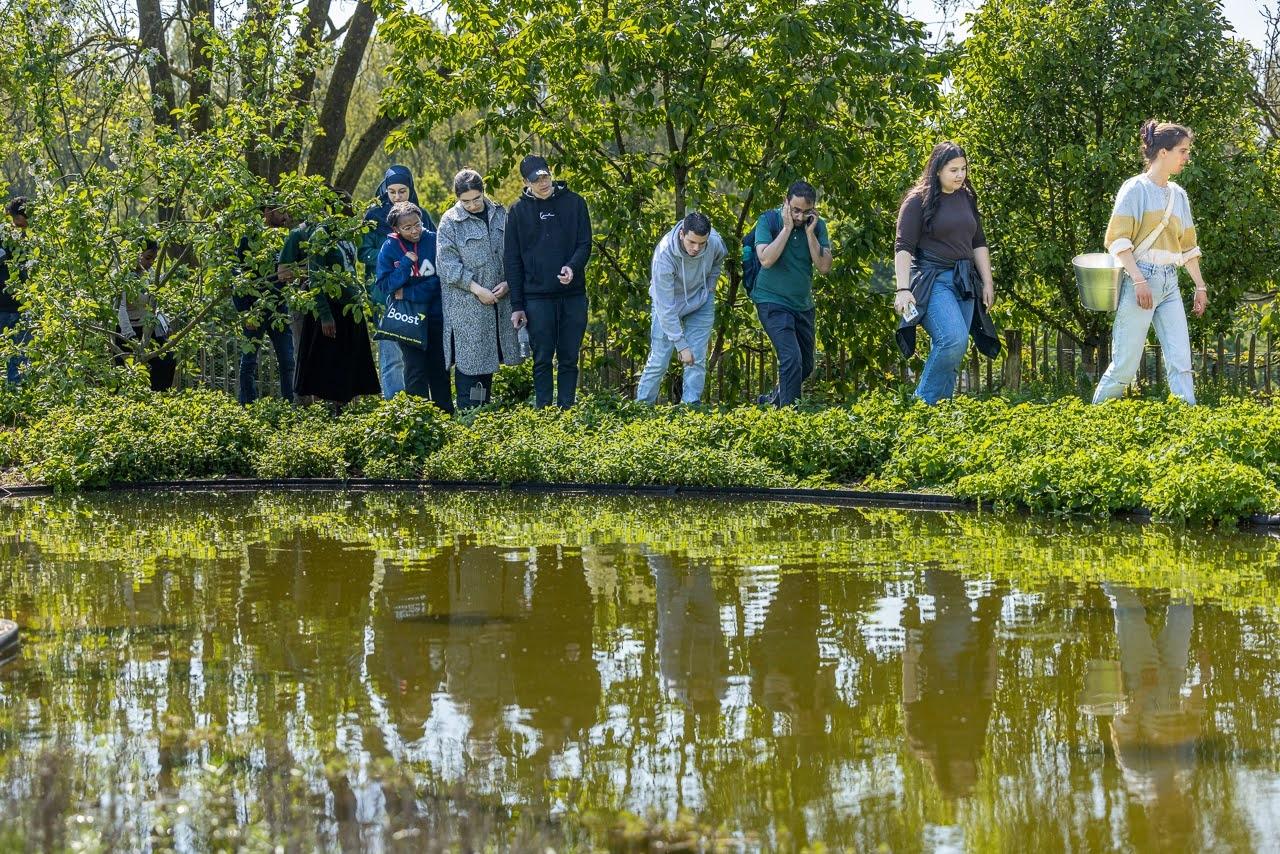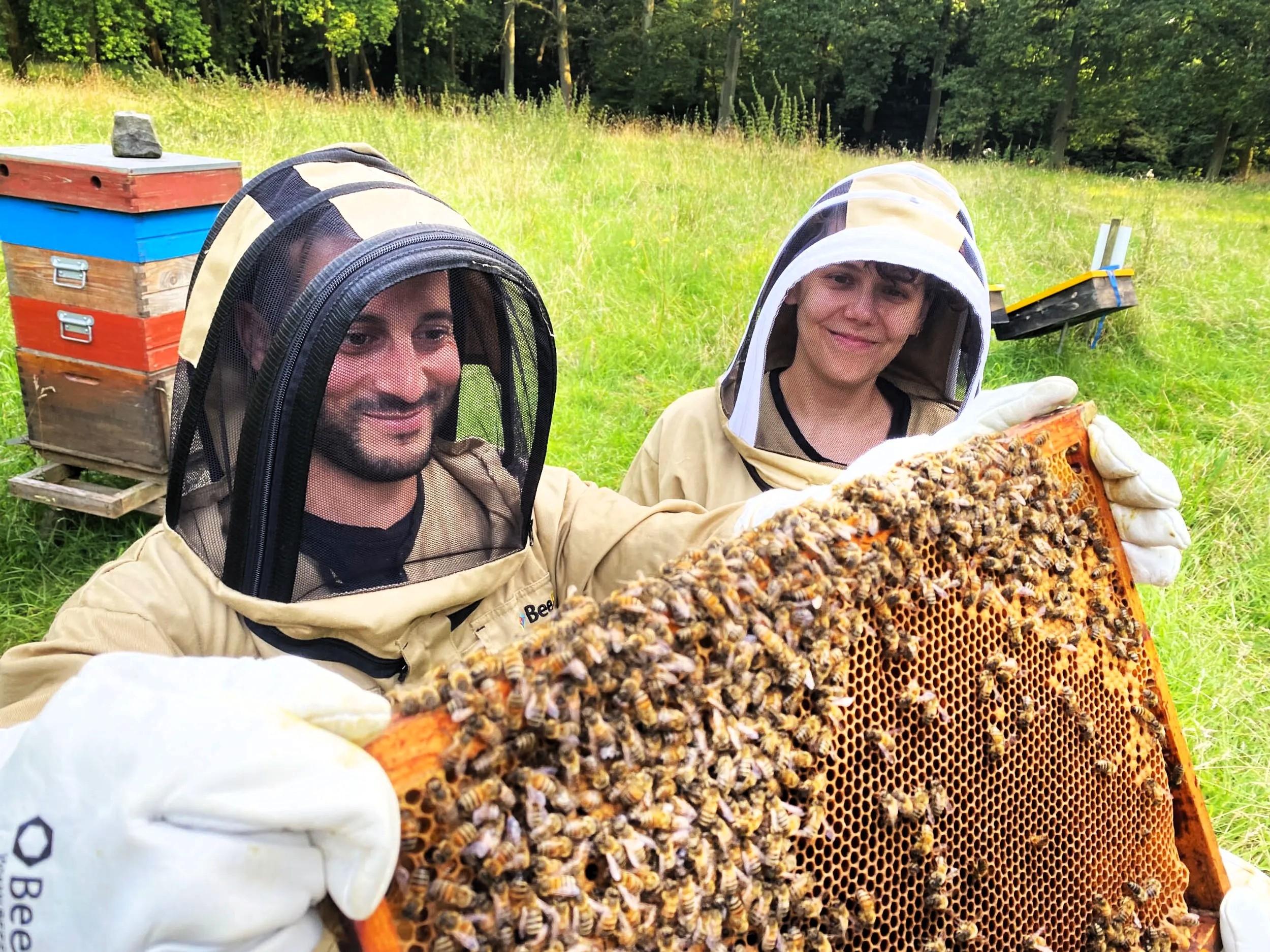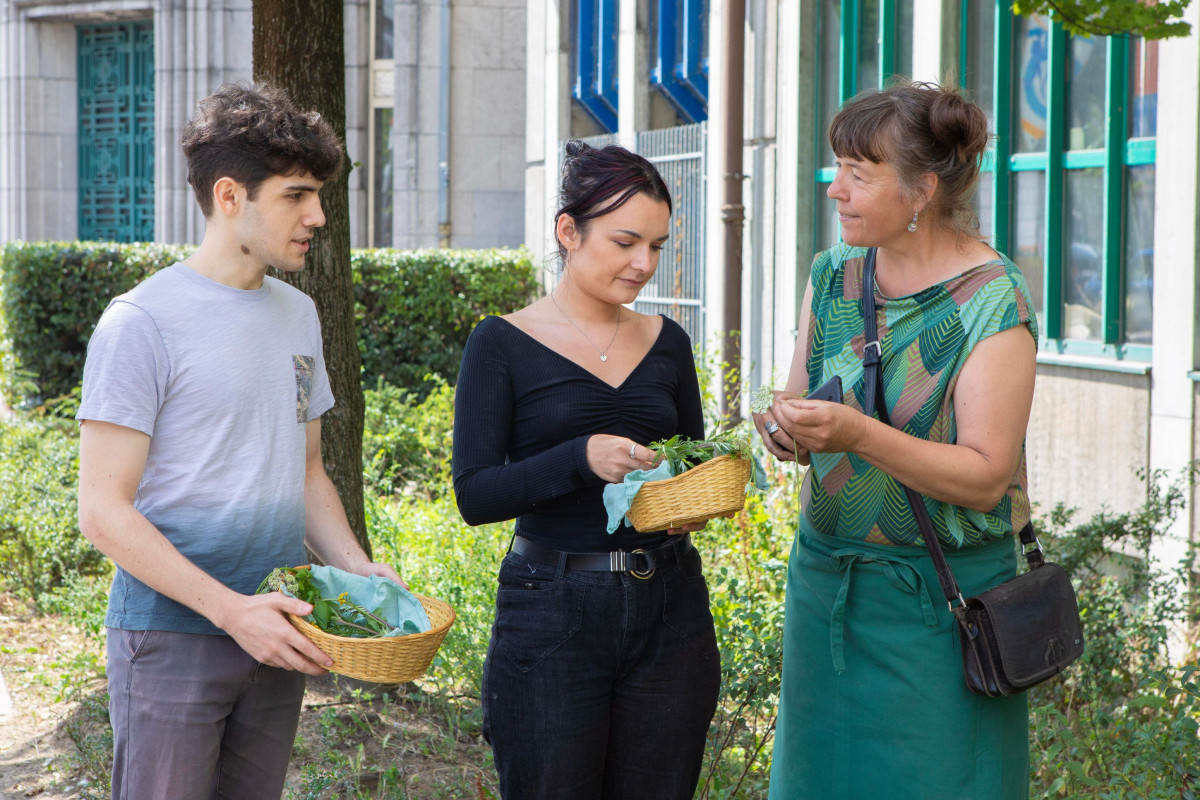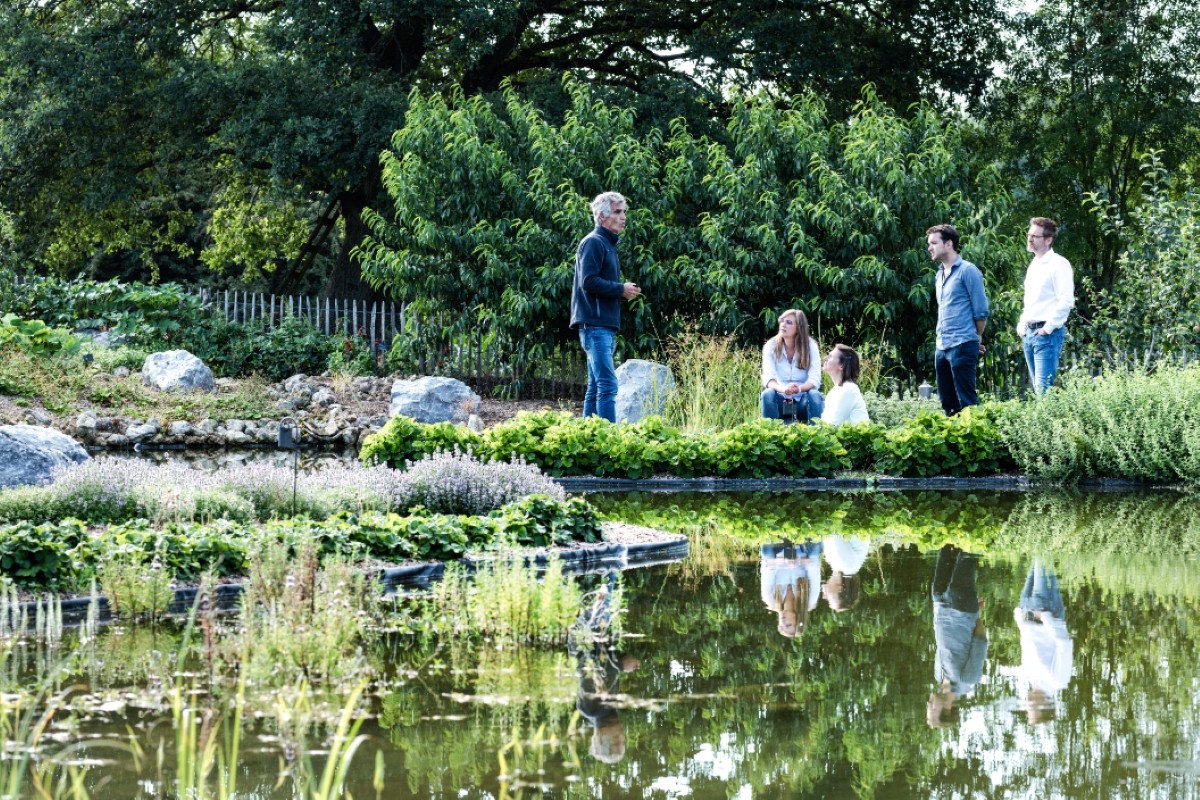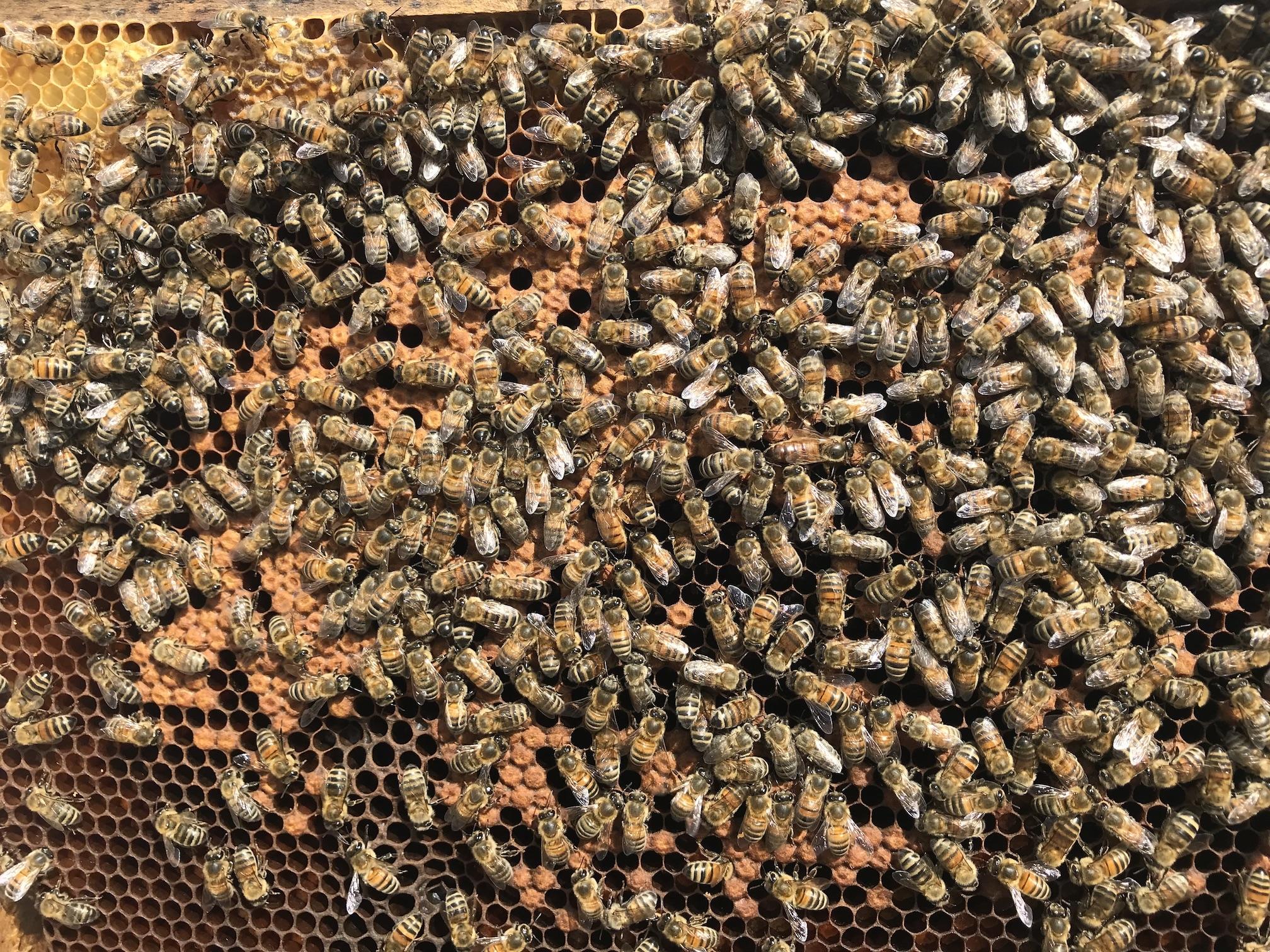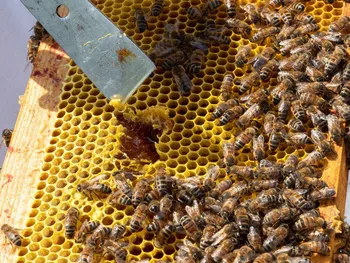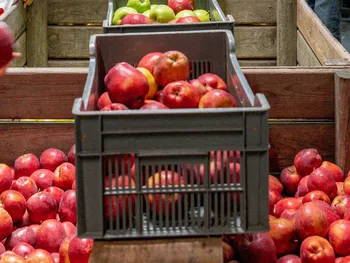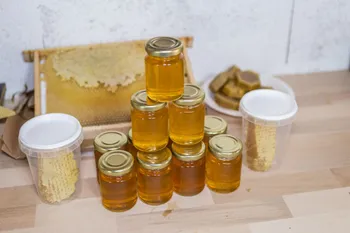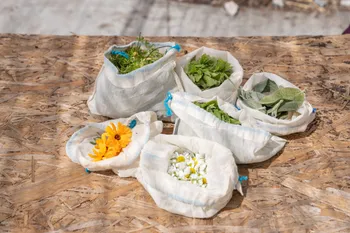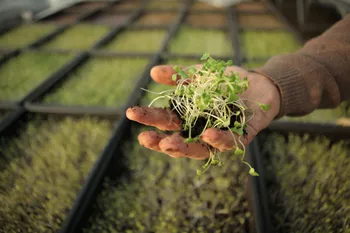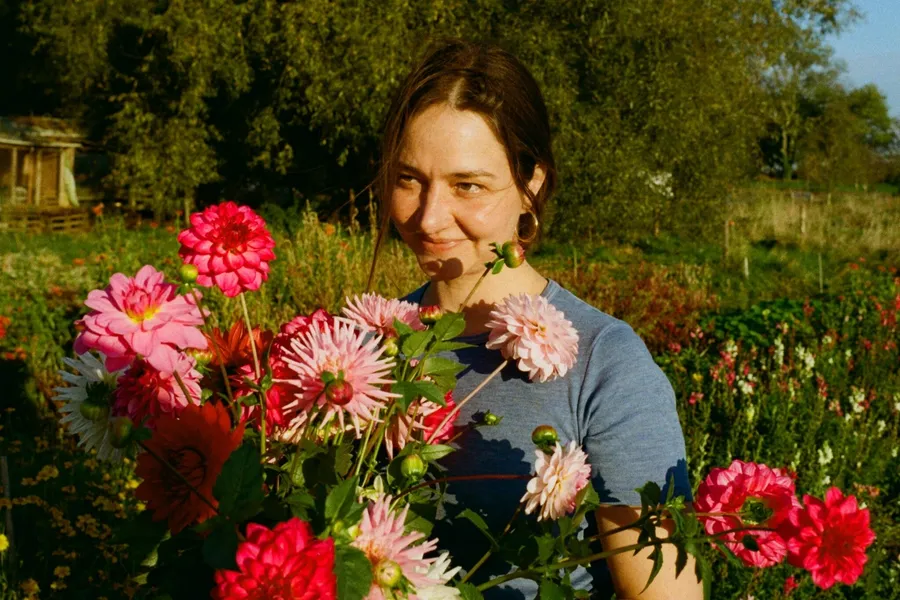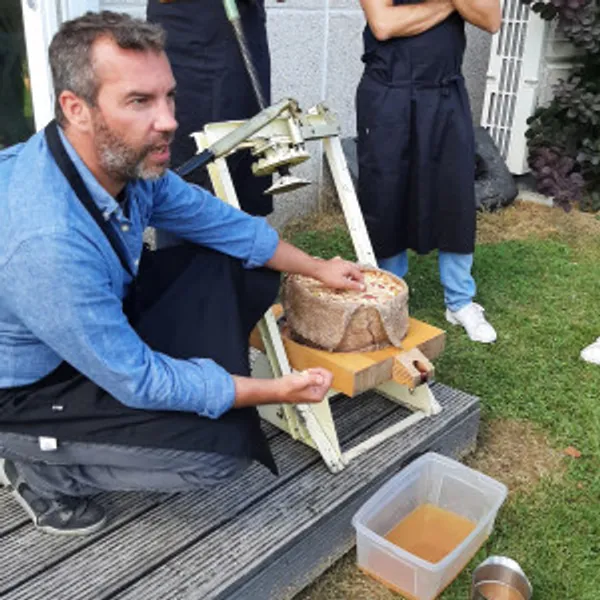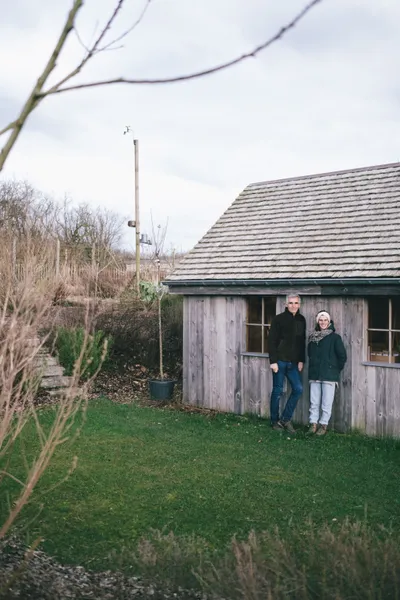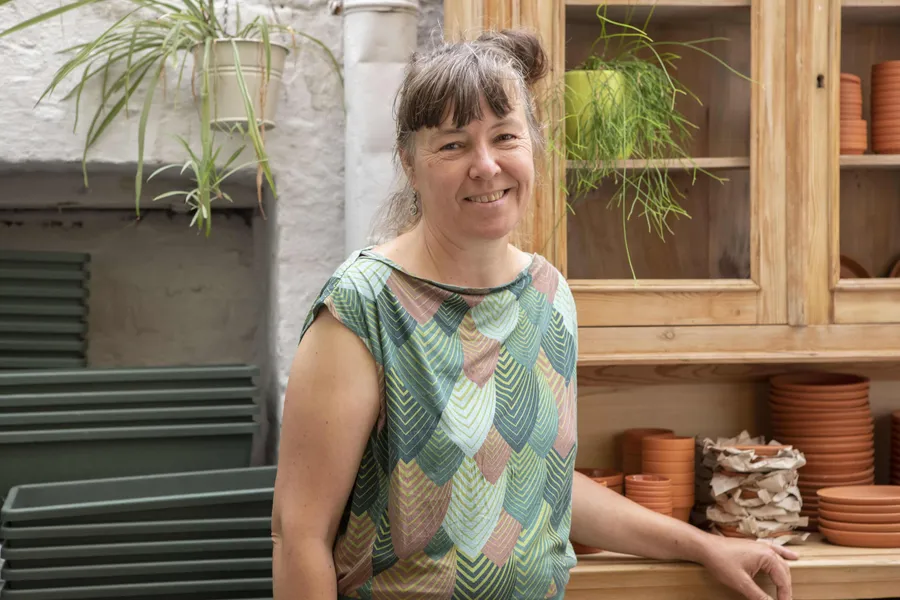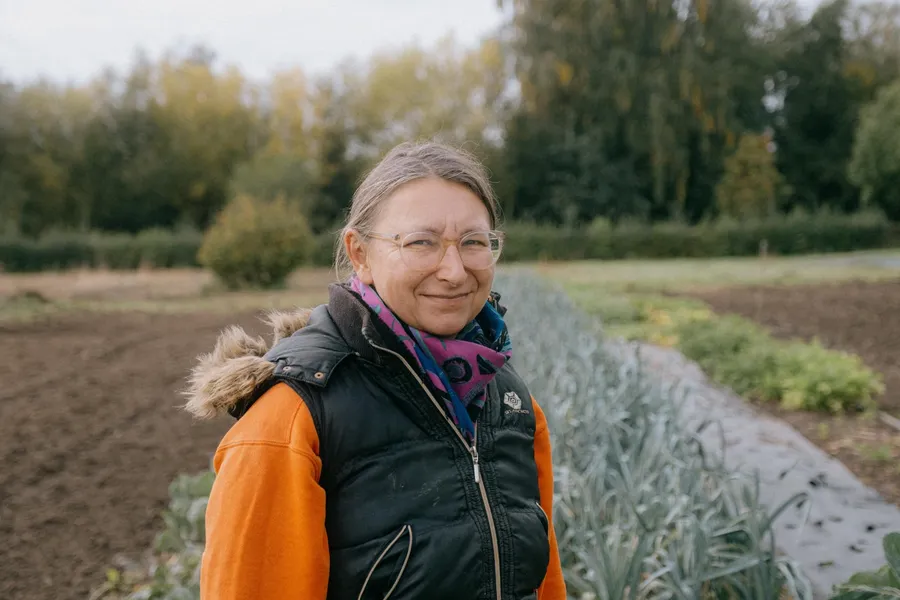
Craft
15 experiences
Our urban agriculture workshops
Nature is within reach thanks to our urban agriculture workshops! Discover beekeeping, permaculture, viticulture, horticulture, cheese-making and many other trades through introductory workshops. Meet local producers working in urban environments. 👨🌾

Need help choosing?
Top-rated workshops
To have more than one string at your bow
The list of techniques to master
Special wishes? We all have…
Craft creations to be made in the workshop
What do they have in common? Passion
The faces of the Wecandoo community
We have a few more tricks up our sleeve
Other crafts
Discover our other selections
Our selections
Over 490 experiences available
Open the doors of a workshop, learn about its craft and leave with your creation
Urban agriculture and biodiversity workshop: gardens in the city
You are a city dweller who has always dreamed of growing your own vegetable garden? Our urban agriculture workshop will teach you the basics of growing vegetables in urban soil. You'll also learn about the challenges of urban biodiversity.
Discover Urban Agriculture in Workshops for Adults and Children
Tomatoes, bell peppers, aubergines, parsley, coriander, and more will be at your fingertips once you've learned how to grow them in an urban environment. This introductory activity will teach you the techniques for growing fruit and vegetables close to home. On a roof, on a balcony or in your own garden, you'll learn how to grow plants, harvest them and put them on your plate.
You'll also discover the secrets of hydroponics, the art of growing plants without soil, using only water, light and mineral salts.
Don't forget to bring the whole family. Your children will love plunging into the heart of lush vegetation and tasting the many edible foods. Plus, there's no mess to worry about as the gardens are raised—fantastic, isn't it?
Understanding the Principles of Urban agriculture and Biodiversity
The concept of the urban farm has emerged as a way of life that aims to reconcile urban living with the rural environment. This form of agriculture has always existed, but today it is reinventing itself by expanding its territory. Its aim is to ensure that city dwellers are self-sufficient in food.
The second objective of urban gardening is ecological. It aims to preserve our environment while providing food for consumption. This type of gardening is based on the concept of "permaculture": a process of producing natural food in harmony with the surrounding ecosystems. It aims to promote biodiversity in an urban environment. Caring for nature, caring for people and sharing equally are the three foundations of permaculture.
